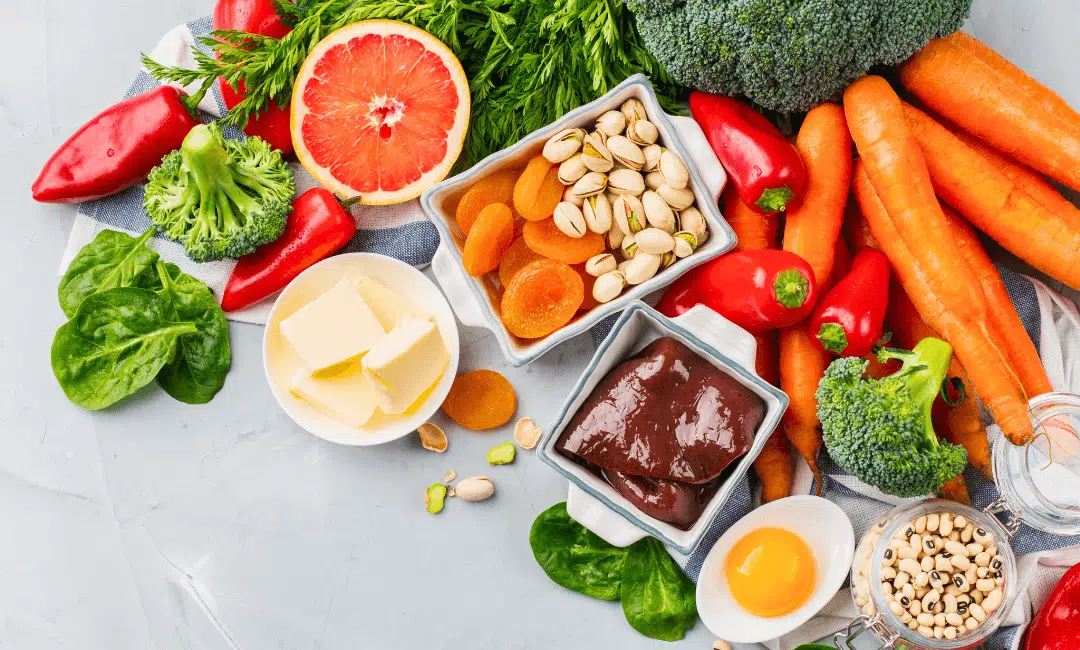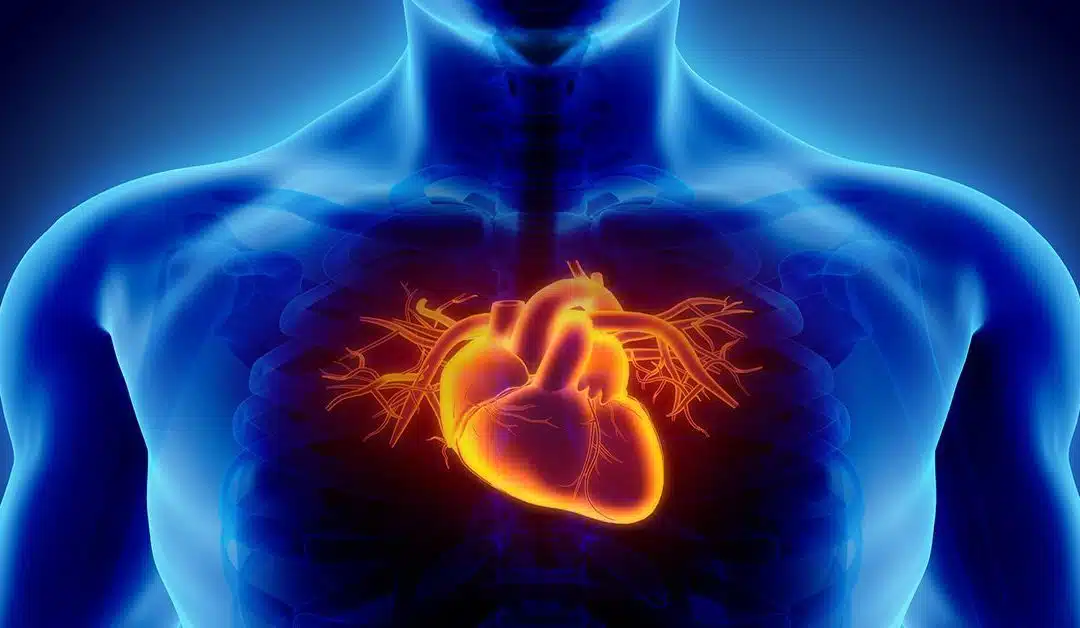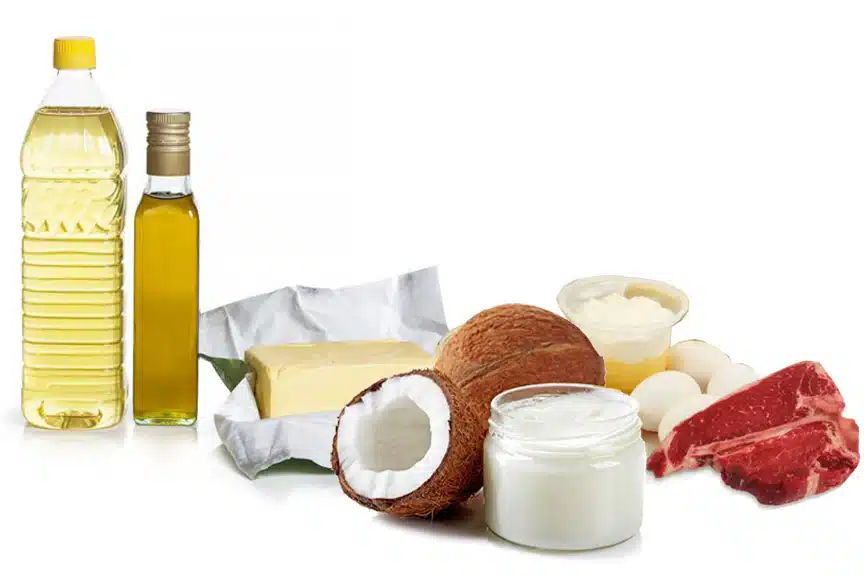Akkermansia, a distinctive type of bacteria found in the human gut, is capturing the attention of scientists and health enthusiasts around the globe. Identified as Akkermansia muciniphila, this gut resident has emerged as a promising key player in the realm of human health, with intriguing implications for obesity, metabolic disorders, and immune system functioning. Diving into the depths of our microbiome, let’s explore the world of Akkermansia, understand its significance, and decipher how it influences our overall health and well-being.
Understanding Akkermansia: The Mighty Gut Bacterium
Akkermansia muciniphila (abbreviated A. muciniphila) was first discovered in 2004 in human stool. Since then, it’s been studied meticulously and could be considered a scientific breakthrough. A. muciniphila is a Gram-negative anaerobic mucus layer-degrading bacterium that colonizes the intestinal mucosa of humans and rodents. Anaerobic means that it needs an oxygen deficient environment to prosper. It was named after Dr. Antoon Akkermans (1941 to 2006), a renowned microbial ecologist in Wageningen, Netherlands. What makes it so unique is that it doesn’t eat fiber like other probiotic bacteria, and it doesn’t require any outside nourishment in order to thrive and reproduce. Instead, it feeds off the mucus layer of the intestinal wall and that’s where the muciniphila (mucus loving) comes from. The mucus layer is not getting eroded though as the Akkemansia is just really trimming the excess “older” mucus from the surface. This in turn helps strengthen the gut wall by keeping the mucus layer fresh and more resilient over time. The mucus gets converted into short chain fatty acids (SCFA) that can feed the “good” bacteria in our microbiome, strengthen the bond between neighboring intestinal cells to prevent “leakiness”, and provide other health benefits.
Proposed Benefits of Akkermansia for Gut Health
There is scientific evidence that A. muciniphila and its metabolites play an important role in endocrine system diseases, nervous system diseases, digestive system diseases, musculoskeletal system diseases, respiratory system diseases, and other diseases [1]. Specific metagenomic data have shown an inverse correlation between the abundance of A. muciniphila and diseases such as inflammatory bowel disease (IBD), obesity, and diabetes [2]. This means that the more Akkermansia you have as part of your gut microbiome, the lower the chance you will develop one of these disorders. Similar studies pertaining to obesity reveal that a high relative amount of Akkermansia bacteria is associated with low risk of obesity but this association declines with aging [3].
Some other potential overall health benefits of A. muciniphila:
- It could act as a gatekeeper to your gut. By protecting and strengthening your gut lining, Akkermansia helps to keep good bacteria in and bad bacteria out which could lead to less gut dysbiosis and chronic illness over time.
- The SCFAs can enhance the immune system and reduce or even prevent inflammation.
- It may help in managing glucose levels in the body. There still isn’t a lot of information on how A. muciniphila can positively affect type 2 diabetes, but some of the studies that have been done are promising [4].
- Research shows that Akkermansia may help improve the outcome of certain cancer immunotherapies [5].
How Can I Increase Akkermansia Levels in My Gut Microbiome?
In healthy people, scientists typically see Akkermansia bacteria levels at about 4% of the total gut bacteria and a good range is between 1-5%. There are very few probiotic supplements for A. muciniphila and those that are around are not well studied so right now the best way to support this bacteria strain is to consume foods high in polyphenols and healthy fats [6,7]. One company that has developed an oxygen-free manufacturing process for Akkermansia probiotic is Pendulum.
- Polyphenol rich foods – Good sources of polyphenols include apples, grapes, green tea, berries, fresh herbs, real cranberry juice, and cocoa. The polyphenols in these foods are considered prebiotics, as they benefit the good bacteria in your gut microbiome, like Akkermansia, and promote a healthy gut. One study on polyphenols shows that cranberry extract can trigger a response from the intestinal mucus layer that is believed to increase mucus production. These scientists recommend cranberry as a healthy alternative to naturally building Akkermansia in the gut [6].
- Healthy fat foods – These have shown promising effects on the mucus in the gut lining which is great for A. muciniphila. Foods containing fish oil, flax seed, and olives could help your Akkermansia population flourish. These foods will contain higher levels of omega 3 and 6 fatty acids which we cannot make ourselves. A recent study shows that omega 3 fats particularly are associated with larger gut microbiome diversity and lower inflammation markers [7].
Final Thoughts
Based on the current research, it’s becoming very clear that Akkermansia muciniphila is an important member of our gut microbiota’s ecosystem by strengthening our intestinal lining which is a crucial barrier. A strong intestinal barrier is critical for restoring gut health and a major player for chronic disease prevention, optimal health and longevity. There a number of at home gut microbiome tests that you could take to check your Akkermansia levels and I have summary review articles on a few of the top ones here Viome: Best At-Home Gut Health & Microbiome Test, and Everything You Need To Know About Ombre Gut Health Test (formerly Thryve), as well as the results those tests give back to you – How to Read Your Viome Gut Intelligence Test Results and Decoding Your Ombre Gut Test Results.
Sources
[1] Xue Chen Li Ganglei Gu Xinyu Su Yuanshuai Zheng Qiuxian Yuan Xin Bao Zhengyi Lu Juan Li Lanjuan. 2023. Health and Disease: Akkermansia muciniphila, the Shining Star of the Gut Flora. Research. 6;0107. DOI:10.34133/research.0107
[2] Rodrigues, V. F., Elias-Oliveira, J., Pereira, Í. S., Pereira, J. A., Barbosa, S. C., Machado, M. S. G., & Carlos, D. (2022). Akkermansia muciniphila and Gut Immune System: A Good Friendship That Attenuates Inflammatory Bowel Disease, Obesity, and Diabetes. Frontiers in immunology, 13, 934695. https://doi.org/10.3389/fimmu.2022.934695
[3] Zhou, Q., Zhang, Y., Wang, X. et al. (2020). Gut bacteria Akkermansia is associated with reduced risk of obesity: evidence from the American Gut Project. Nutr Metab (Lond) 17, 90. https://doi.org/10.1186/s12986-020-00516-1
[4] Shih C-T, Yeh Y-T, Lin C-C, Yang L-Y, Chiang C-P. Akkermansia muciniphila is Negatively Correlated with Hemoglobin A1c in Refractory Diabetes. Microorganisms. 2020; 8(9):1360. https://doi.org/10.3390/microorganisms8091360
[5] Chen, Z., Qian, X., Chen, S., Fu, X., Ma, G., & Zhang, A. (2020). Akkermansia muciniphila Enhances the Antitumor Effect of Cisplatin in Lewis Lung Cancer Mice. Journal of immunology research, 2020, 2969287. https://doi.org/10.1155/2020/2969287
[6] Anhê, F. F., Pilon, G., Roy, D., Desjardins, Y., Levy, E., & Marette, A. (2016). Triggering Akkermansia with dietary polyphenols: A new weapon to combat the metabolic syndrome?. Gut microbes, 7(2), 146–153. https://doi.org/10.1080/19490976.2016.1142036
[7] Menni, C., Zierer, J., Pallister, T. et al. Omega-3 fatty acids correlate with gut microbiome diversity and production of N-carbamylglutamate in middle aged and elderly women. Sci Rep 7, 11079 (2017). https://doi.org/10.1038/s41598-017-10382-2
https://bodybio.com/blogs/blog/what-is-akkermansia
https://pendulumlife.com/blogs/news/how-can-i-boost-akkermansia-levels-in-my-gut
https://drhyman.com/blog/2021/07/26/akkermansia-muciniphila/








